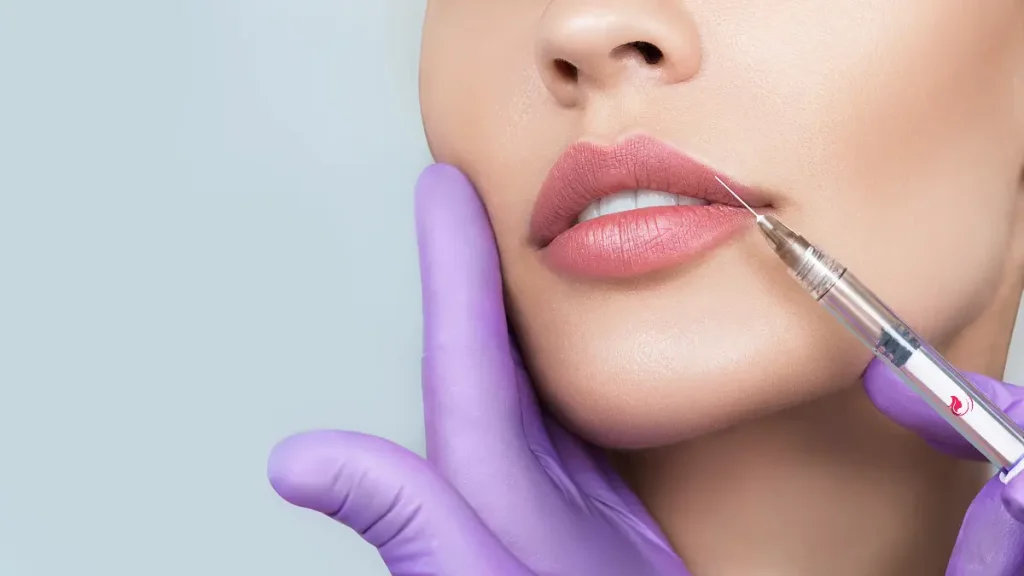When performed by a talented and experienced medical professional, a safe outcome and a natural look can be achieved with lip fillers.
But how long do lip fillers last? And are there any limitations on who can and can’t have treatment? Read on to find out.
Lip Fillers: What You Need To Know
Let’s start with a quick-fire bullet point list of the elements that best define and describe dermal fillers:
- They’re hyaluronic acid-based
- They’re injected into the dermis
- They work to plump and shape the lip area
- They’re the most natural alternative to surgery
- They reverse the issue of lost volume across the lips (due to ageing)
- They address the lack of volume and shape due to genetics
How Long Do Lip Fillers Last?
Whilst it’s possible to give a window of months for which lip fillers will last, it isn’t easy to pinpoint exactly how long this will be, as everyone is different.
They can generally last for between 6 and 12 months, though factors like genetics, lifestyle and frequency of treatment will determine the exact duration of treatment. Smoking is a key factor, as it is responsible for thinning the lip area in the first place (not to mention fine lines and wrinkles around the mouth). Meanwhile, patients with regular treatment will find that the results last a little longer, as a foundation is created to help the results extend by a month or two (though this may not be the case for everyone).
Do Lip Fillers Hurt?
As with the previous question, it’s hard to answer this with a binary response (we realise this is a frustrating answer!) However….
Lip fillers will likely only cause minor discomfort, as there is usually anaesthetic within the fillers; alternatively, anaesthetic is administered before the filler is injected. We would not want to say that fillers cause or do not cause pain either way, as everyone has a different pain threshold.
Can You Have Lip Fillers When Pregnant?
Any respectable and responsible aesthetician, doctor or dentist would never administer fillers to someone pregnant. There is not enough research into the effects of fillers on pregnant women, nor during the period that they are breastfeeding.
Fillers are made with synthetic variations of ingredients that naturally occur in the body and use products proven to be completely safe (when administered in safe levels). However,
both pregnancy and the breastfeeding period are grey areas when it comes to both fillers and wrinkle correction treatment with botulinum toxin.
What Happens To The Fillers Once They Are Injected?
The body naturally breaks down fillers (they’re a temporary treatment for enhancing the lip area and other skin areas and features across the face). However, if you’re unhappy with the results, they can be dissolved prematurely with the enzyme hyaluronidase, which your aesthetician administers.
If you receive treatment from an experienced aesthetician with an in-depth knowledge of skin anatomy and who has taken the time to understand what you’re looking for, it’s unlikely that you will be unhappy with the results. The sign of a good aesthetician is the ability to listen to you: they’ll be someone who takes the time to understand the aesthetic you wish to go for. Whilst some people prefer the ‘Hollywood’ look, others might prefer a more subtle result from their lip filler treatment. It’s whatever you choose it to be.
Doing Your Research
Looking into the credentials of a specific clinic and the people who work there is the most important step when doing your research. Something as important as your skin deserves the best.
Read our blog, Facial Aesthetics: How To Do It Safely, for advice on what to look out for when choosing a clinic that’s right for you.


